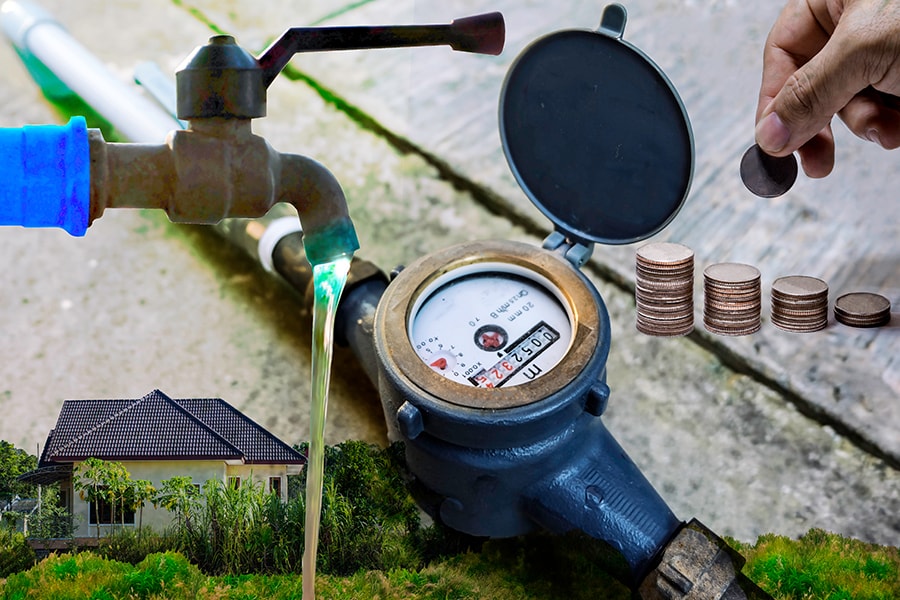
Can we train the brain to conserve water?
Water management policies thus far have been about augmenting the supply of water rather than to lower demand. The resource is scarce and now we need to go beyond technological solutions.
 Image: Shutterstock
Image: Shutterstock
In late 2017, the spectre of “day zero” loomed over Cape Town, South Africa— the day when, for the first time ever, in any big city in the world, all water taps would go dry. Thankfully, the day never arrived, but it served as yet another reminder that water supply is under tremendous stress in most cities around the world.
According to the United Nations (UN), 3 billion people currently lack basic hand-washing facilities at home —incidentally one of the most effective methods for Covid-19 prevention. The world is projected to face a freshwater deficit of 40 percent by 2030. The challenges of water scarcity are particularly pronounced in developing countries such as India, where per-capita water availability has declined rapidly over the last seven decades as the population has grown, especially in the cities.
The main thrust of water management policy thus far has been to augment the supply of water rather than to lower demand. But this option fails when the resource itself is scarce. Technological solutions like efficient washbasin taps and toilet flush-tanks, low-flow showers, and smart meters, are useful, but not widely accessible or in use. Besides, wasteful human behaviour often compensates for the efficiency gains from these technologies.
What about charging for the use of water or restricting supply? Aside from the political and social hurdles to implement this, it would be largely ineffective, especially in high usage affluent urban families who would rather pay up an extra five hundred than curtail their shower time.
Keeping these hurdles in mind, we explored the human aspect in water conservation in a field study conducted in an affluent residential community in Bengaluru, published recently in the journal, Proceedings of the National Academy of Sciences of the United States of America. More specifically, can the brain be trained to use less water? Can the consumer be made conscious of their water usage, and then can they be made to change consumption habits?
[This article has been published with permission from IIM Bangalore. www.iimb.ac.in Views expressed are personal.]







